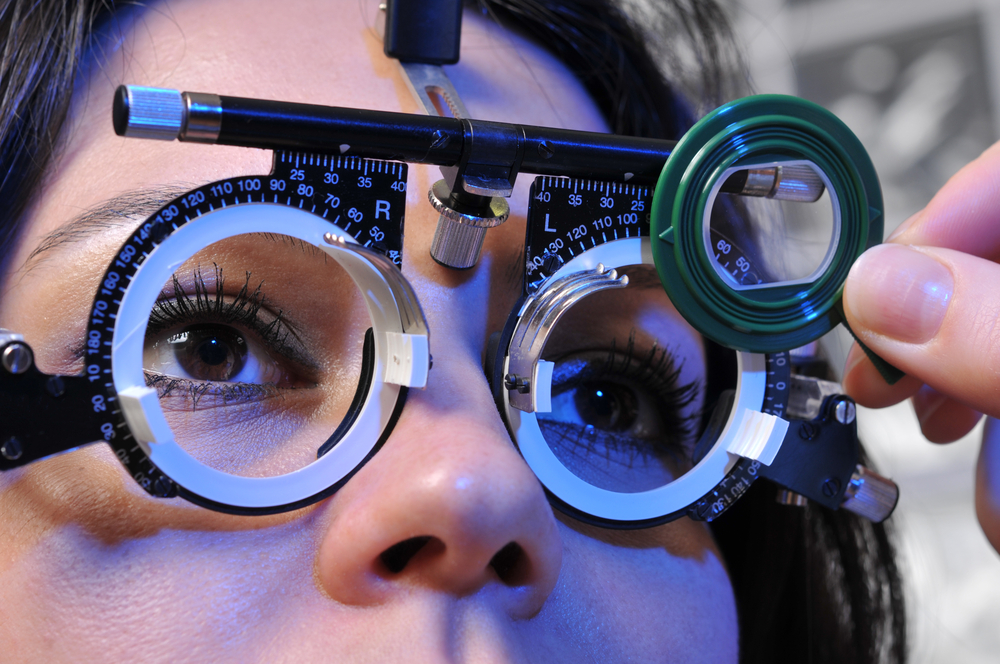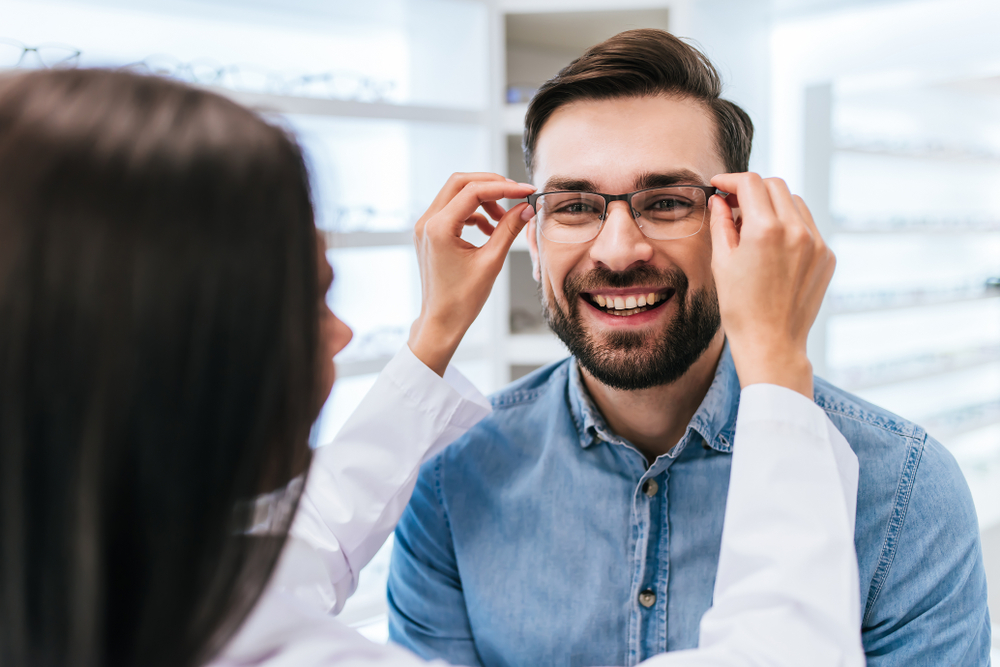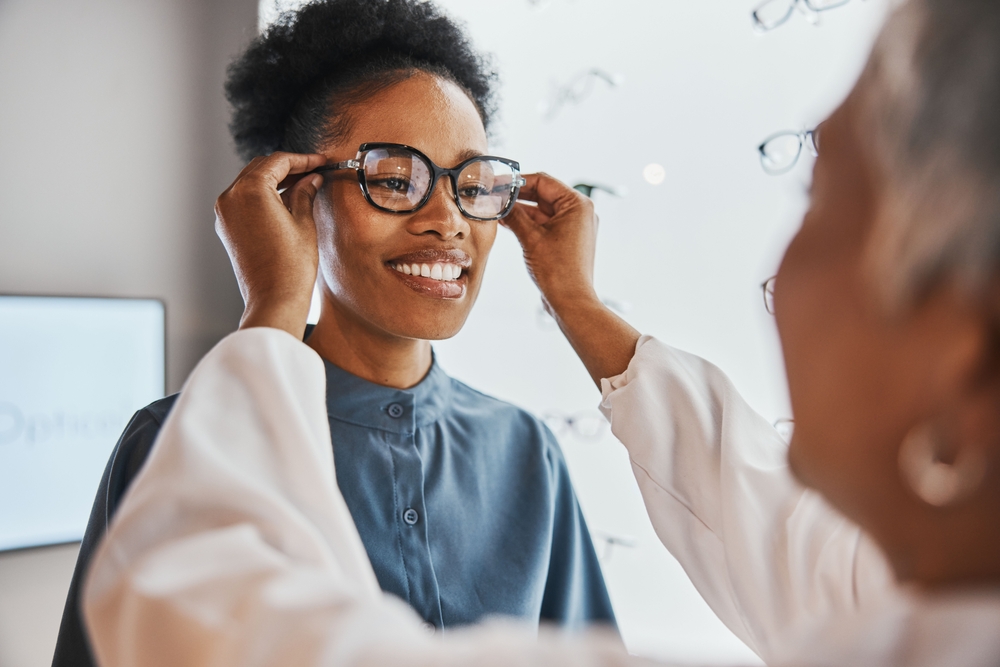Your eyes deserve expert care, and at Clear Lake Eye Center, we deliver more than standard vision tests. Our comprehensive eye exams evaluate your visual acuity and eye coordination while screening for conditions like macular degeneration, glaucoma, cataracts, diabetic retinopathy, and presbyopia.
We recognize that thorough eye exams play a crucial role in maintaining both your vision and overall health. Clear Lake Eye Center provides specialized eye exams for adults, seniors, children, contact lens wearers, and patients with diabetes—all in a comfortable, professional environment designed to address your specific visual needs.





